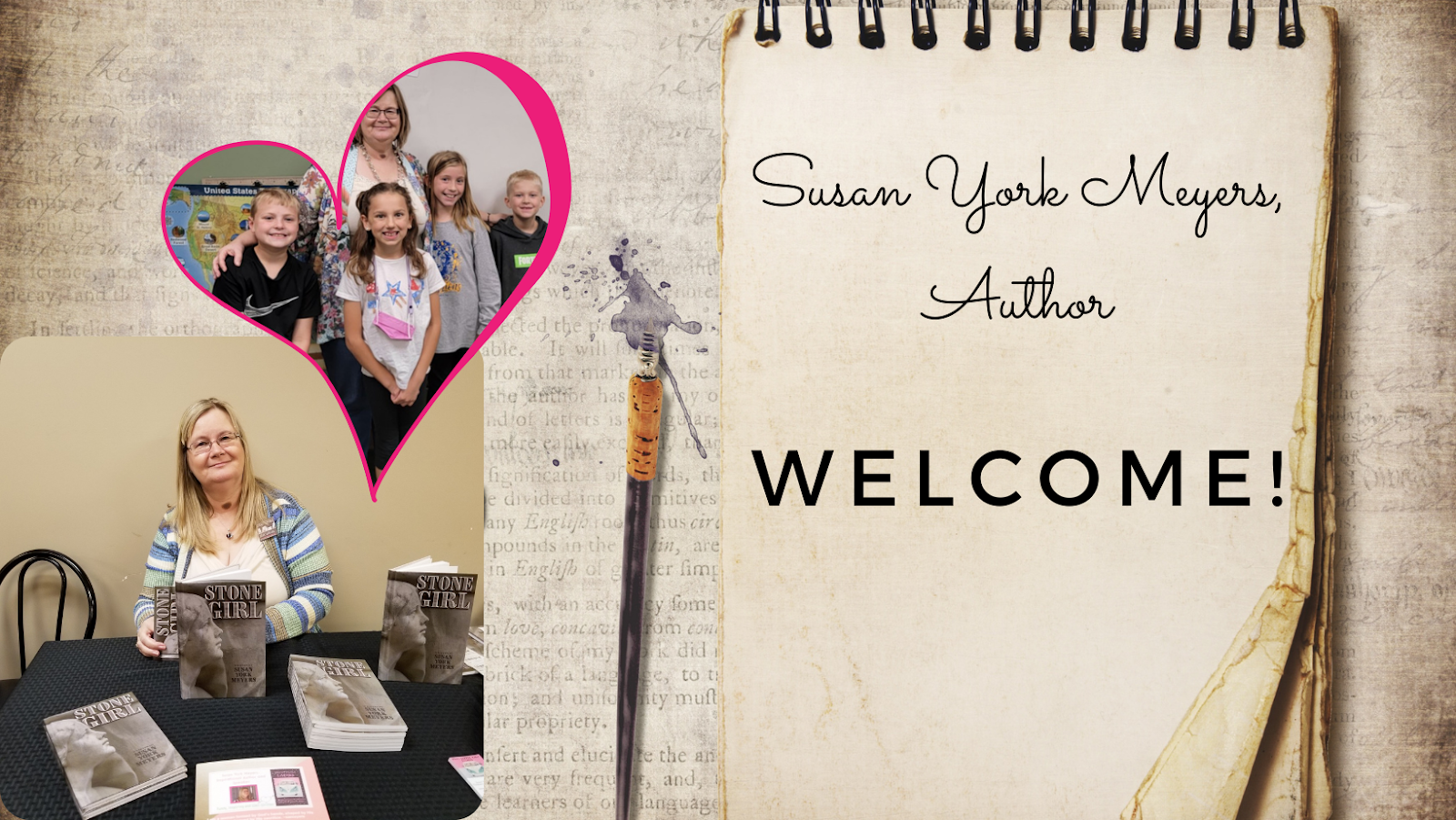Writing Helps from Susan's Pen
(Soooo many people helped me on the road to publication!)
A group of Hams, er actors, (including myself) had a little fun at the last SCBWI Oklahoma Conference.
Check out "How NOT to Get Published."




The Triangle Effect
Sometimes fleshing out a scene can be daunting. What details do you put in? What’s best to leave out? Too much description can slow the action. Too little description leaves the scene feeling unfinished.
One of the best ways I’ve found for setting my scene is what I call the “Triangle Effect.” Think of your setting as a triangle. Start at the widest part and move toward the point.
Wide: The uncut grass brimmed with butterflies and stickers.
Narrower: Grandma waited on the unpainted front porch.
Point: Grandpa waved at me through the torn screen door.
I got out of the car. The uncut grass brimmed with butterflies and stickers that clawed at my shoelaces. Grandma waited on the unpainted front porch. But it was Grandpa I wanted to see. To make sure he was okay. He waved at me through the torn screen door. I breathed a sigh of relief.
One, two, three, I’ve set my scene. I’ve also ended on the main focus. For me, the Triangle Effect gives me a starting place. It helps me figure out what description is important to my scene and fleshes out my story.
(originally published HERE)
Foggy Writing
A little mystery in your book is a good thing. Keeping your reader guessing, making them want to turn the pages – that’s great! As long as it’s intentional. It’s bad when you’ve got your reader guessing for all the wrong reasons. I call it “Foggy Writing.”
There are three things you want to establish at the beginning of a story.
- Who your main character is
-Where your main character is (Grounding)
- What your main character’s problem is
Today, I want to talk about Grounding. Have you ever started reading a book, got a picture of the scene in your head and then realized it was all wrong? You’ve read the first page, picturing the characters talking in say, a living room, and then about halfway through the second page the author finally tells you the characters are sitting in the front seat of a pickup truck. It jerks you out of the story, if only for a moment, as you mentally readjust the scene in your head.
As a writer, it’s important to ground your characters , to give your reader a clear starting point. In other words, don’t keep your reader guessing for all the wrong reasons.
Now, are there exceptions? Of course. Your character is wandering through a dark, shrouded cemetery, and you want it to come as a jolt to the reader when they finally realize it. That goes back to the intentional part of your writing. The scene is part of the setup.
But, don’t leave your reader out in the fog simply because you forgot to write a setting for your character!
And the Word is... Bubbles!
Have you ever tried to create a scene and the words just don't come. There's a wonderful description in your head... but you just can't get it down on paper. Try writing one word associations.
Ex: My bubble descriptions above
Instead of: I watched the bubbles rise as Jim blew them into the air.
I have: The fragile bubbles floated through the air, wispy, shimmery balls of nothing. They danced away from the wand, transient and gone.











